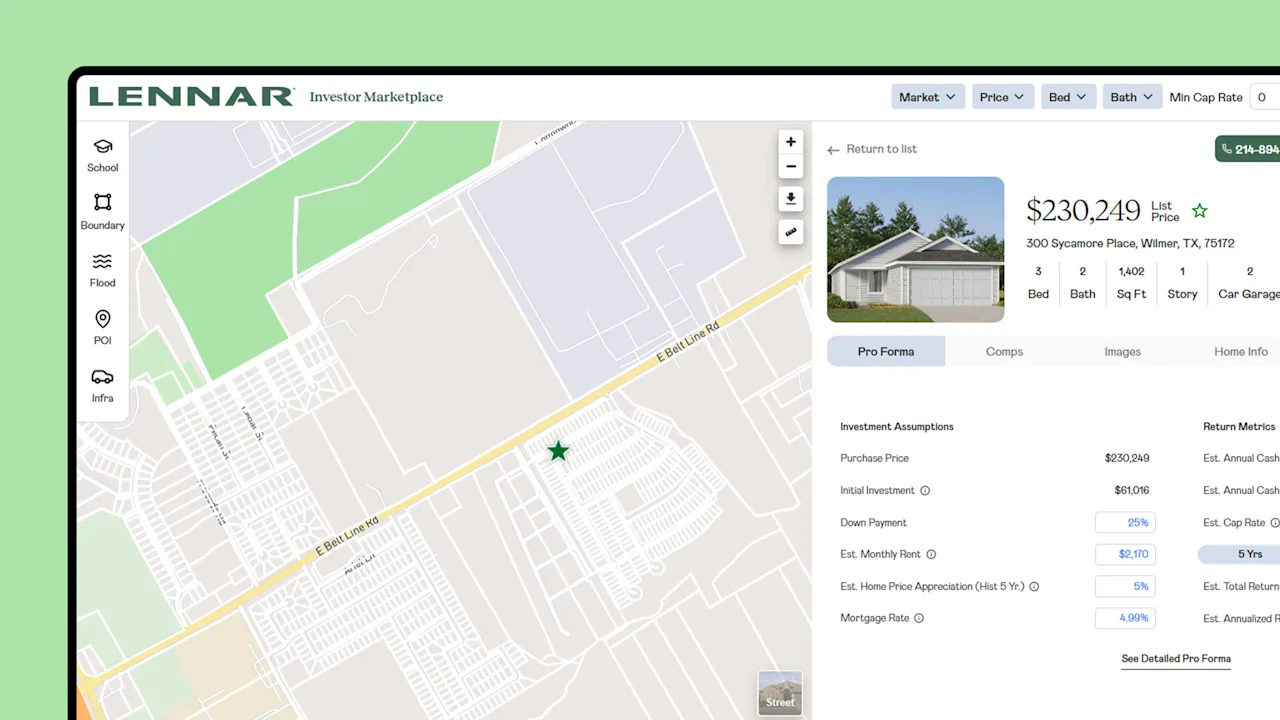Your Manual to Create an LLC Without a Business

Creating an LLC without an active business can be a strategic move for future endeavors. By forming an LLC now, you can secure a unique business name and establish credibility. The process involves choosing a compliant name, appointing a registered agent, and filing the necessary documents. Nevertheless, there are compliance and maintenance considerations to keep in mind. Comprehending these aspects is essential as you evaluate the potential of an LLC for your future plans.
Key Takeaways

- Choose a unique name for your LLC that complies with state regulations and includes “LLC” in it.
- Appoint a registered agent with a physical address in the state where you form your LLC.
- File the Articles of Organization with the state’s business filing agency to legally establish your LLC.
- Create an operating agreement to define ownership structure and operational procedures, even if inactive.
- Obtain an Employer Identification Number (EIN) from the IRS for future tax purposes and financial activities.
Understanding the Benefits of Forming an LLC Without a Business

When you consider forming an LLC without having an active business, you’ll find several strategic advantages that can benefit you in the long run.
First, it allows you to secure your desired business name, preventing competitors from using it, which improves brand protection.
You might wonder, can you create an LLC without a business? The answer is yes.
Establishing an LLC early provides personal asset protection, safeguarding your finances from potential liabilities in future ventures.
It additionally improves your credibility, making it easier to engage in contracts and attract investors.
Legal Steps to Establish Your LLC

Establishing your LLC involves a series of legal steps that are straightforward but require careful attention to detail.
First, choose a unique business name that complies with your state’s regulations and includes “LLC” or “Limited Liability Company.”
Next, appoint a registered agent with a physical address in your state who’ll receive legal documents on behalf of the LLC.
Then, file the Articles of Organization with your state’s business filing agency, providing necessary details such as the LLC name, address, and member information, along with the required filing fee.
It’s also vital to create an operating agreement outlining the ownership structure and operational procedures.
Finally, obtain an Employer Identification Number (EIN) from the IRS for tax purposes.
Maintaining Compliance for Your Inactive LLC

Maintaining compliance for your inactive LLC is vital to avoid potential legal and financial repercussions, especially since many states require ongoing obligations regardless of your business’s activity level.
You must file annual reports and pay any associated fees, even in the absence of business activities. Keeping a separate business bank account is important for maintaining financial transparency and distinguishing your personal finances from those of the LLC.
Furthermore, your LLC may incur franchise taxes or minimum business taxes, which need to be settled to keep the entity in good standing.
Always confirm that your business records, including meeting minutes and contracts, are up to date to protect against liability issues and maintain the LLC’s legal status.
Potential Challenges of an Inactive LLC

Even with the necessary compliance measures in place for your inactive LLC, several challenges can arise that might complicate your situation further.
You may find that:
- Ongoing costs, like filing fees and annual reports, can accumulate, straining your financial resources without generating any revenue.
- Compliance responsibilities can become burdensome and time-consuming, especially if you miss deadlines or fail to file necessary documents.
- Prolonged inactivity risks penalties for non-compliance, which might include fines or even the administrative dissolution of your LLC, stripping away its legal protections.
These challenges can limit the potential benefits of your LLC, such as asset protection and name reservation, making it less viable for future business opportunities.
Evaluating if an LLC Is Right for Your Future Plans

When considering your future entrepreneurial plans, it’s essential to evaluate whether forming an LLC aligns with your goals.
Establishing an LLC without an active business allows you to secure your desired business name, preventing competitors from claiming it. This early formation also offers personal asset protection against future liabilities, making it a strategic choice for potential entrepreneurs.
Furthermore, creating an LLC now helps you prepare legal and financial arrangements, which can smooth operations when your business becomes active. In addition, an LLC improves your credibility, aiding in securing contracts, funding, and networking opportunities.
Nevertheless, you should assess your personal and business goals, along with ongoing compliance costs, to ascertain forming an LLC is the right decision for your future plans.
Frequently Asked Questions

Can I Start an LLC Without a Business?
Yes, you can start an LLC without an active business. This approach allows you to secure a specific name and protect your personal assets from future liabilities.
To form an LLC, you’ll need to choose a unique name, file Articles of Organization, appoint a registered agent, and obtain an Employer Identification Number if necessary.
Keep in mind that maintaining an inactive LLC requires compliance with state regulations, including annual reports and fees.
Can You Create an LLC by Yourself?
Yes, you can create an LLC by yourself.
You’ll need to choose a unique business name and file the Articles of Organization with your state. It’s crucial to appoint a registered agent for receiving legal documents.
Although many states don’t require an operating agreement, having one is beneficial for outlining management procedures.
If you plan to hire employees or open a bank account, obtain an Employer Identification Number (EIN) from the IRS for compliance.
How Much Does an LLC Cost in Michigan?
In Michigan, forming an LLC costs a one-time filing fee of $50 for the Articles of Organization.
You’ll additionally need to appoint a registered agent, which may incur additional fees, especially if you use a third-party service.
Annually, you must file a report for $25.
Depending on your industry and location, you might face extra costs for business licenses or permits.
If hiring employees, obtaining an Employer Identification Number (EIN) from the IRS is free.
Can You Create an LLC and Not Do Anything With It?
Yes, you can create an LLC and not actively operate it. This allows you to secure a business name and establish a legal entity for future use.
Nevertheless, even if you’re not conducting business, you must file annual reports and pay state fees to keep your LLC in good standing.
Furthermore, obtaining an Employer Identification Number (EIN) can be beneficial for future activities, though it’s optional for single-member LLCs without employees.
Conclusion

Forming an LLC without an active business can be a strategic move for your future. It allows you to secure a business name, improve credibility, and lay the groundwork for upcoming projects. By following the necessary legal steps and maintaining compliance, you can keep your LLC in good standing. Before proceeding, evaluate whether an LLC aligns with your long-term goals, as it may provide valuable advantages when you’re ready to launch your business.
Image Via Envato
This article, "Your Manual to Create an LLC Without a Business" was first published on Small Business Trends
What's Your Reaction?
 Like
0
Like
0
 Dislike
0
Dislike
0
 Love
0
Love
0
 Funny
0
Funny
0
 Angry
0
Angry
0
 Sad
0
Sad
0
 Wow
0
Wow
0




























































































